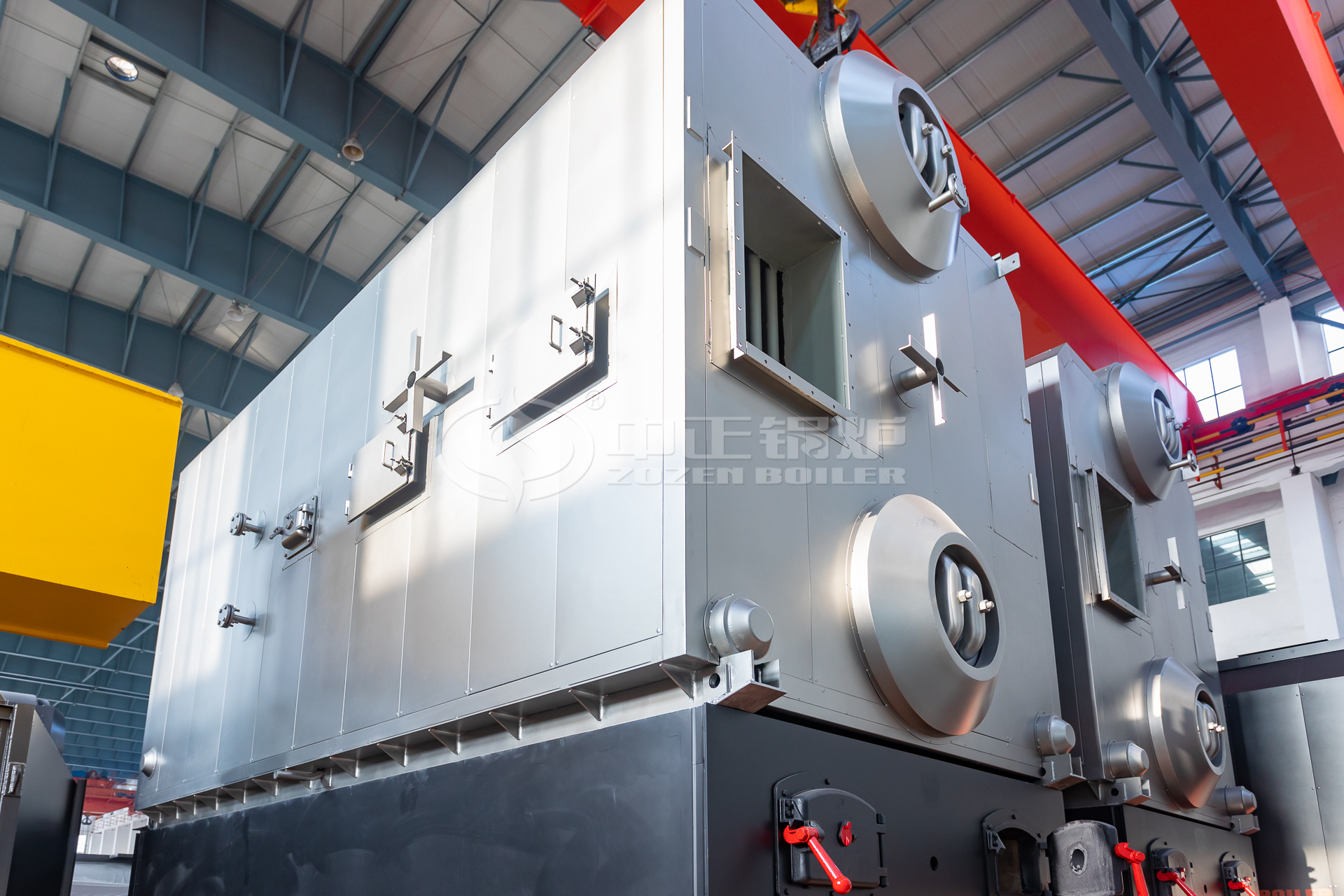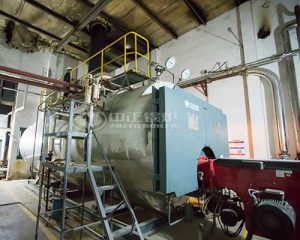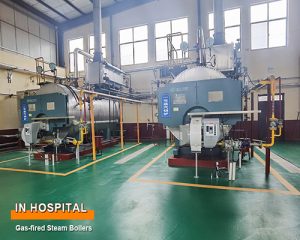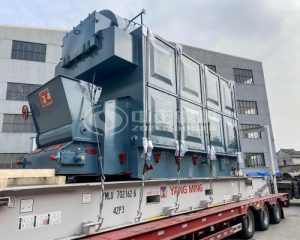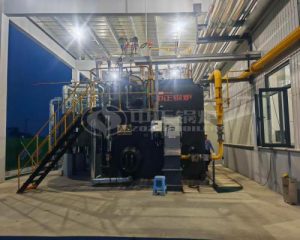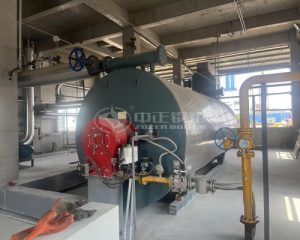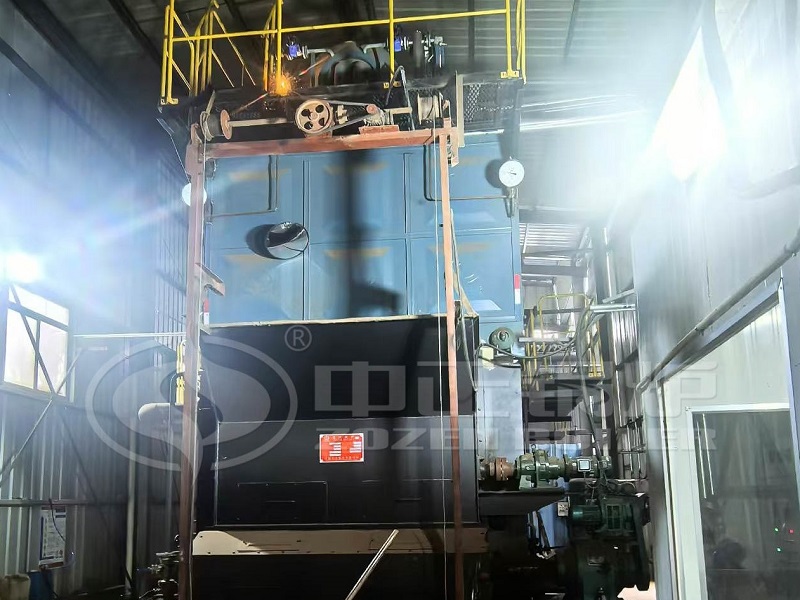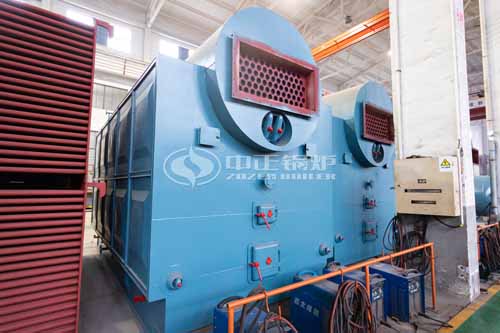Ash accumulation on the heated surface.
Scaling and ash accumulation on the water-cooled wall of the furnace chamber and ash accumulation on the superheater, convection bundle, coal economizer and preheater increase the thermal resistance of the flue gas, weaken the heat transfer and reduce the cooling effect of the cooler. flue gas and increase the exhaust temperature of gas-fired boiler.
Too high excess air coefficient.
Under normal circumstances, as the furnace outlet excess air coefficient increases, the exhaust gas temperature of the gas-fired boiler rises.
Too high air leakage coefficient.
The air leakage refers to the air leakage in the furnace and flue gas duct, which is one of the main reasons why the boiler exhaust gas temperature rises. This factor is inevitable. Therefore, the allowable air leakage coefficient for a certain heating surface is specified. When the air leakage coefficient increases, the exhaust gas temperature of the gas-fired boiler rises.
High feed water temperature.
The heat transfer temperature difference between the flue gas temperature and the water temperature is small, which correspondingly increases the exhaust gas temperature of the gas-fired boiler.
